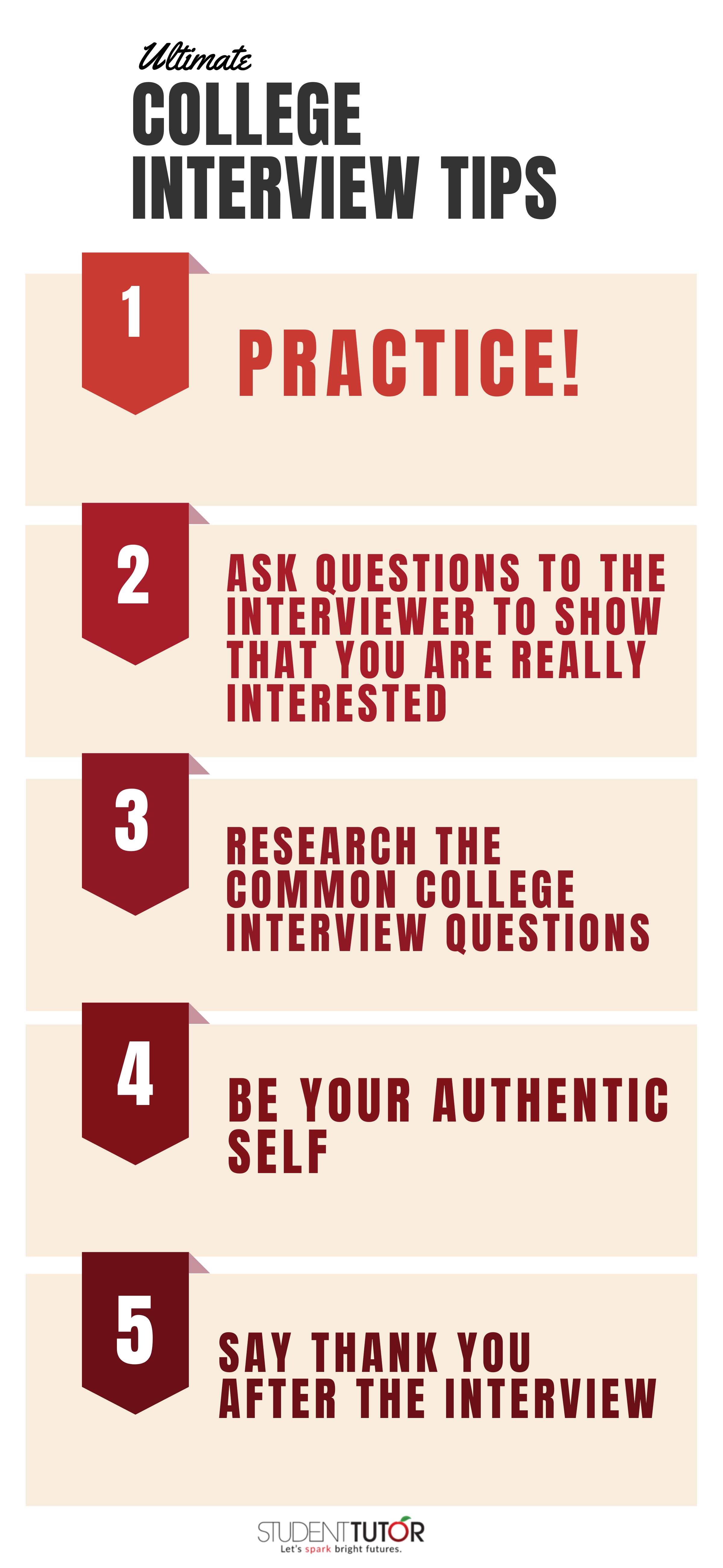What can be a HUGE source of debt? Student Loans. If you have an extra $60,000 or so to throw every year, then why not go to an Ivy League school. But for those of us who don’t, you can get just as good of education and all the benefits of an elite university from attending the best Honors Colleges.
The best part? You’ll be DEBT-FREE.
Here’s the current statistic on student loans in the U.S.

Imagine how much students can save if they choose Honors Colleges!
Table of Contents
What is an Honors College?
There are two types of honors colleges that you can apply on. The first one is a part of a large university while the other one is a separate entity. Sometimes these things get confusing because some schools only offer honors programs. You have to research the school you are applying to find out whether they are a separate honors college or they only offer honors programs.
Some examples of Honors colleges that are housed within a larger university are Barrett at Arizona State and Schreyer at Penn State. Meanwhile, the Honors Colleges that are completely separate are New College of Florida and St. Mary’s in Maryland.
Tips on How to Apply on the Best Honors Colleges
If you want to get admitted to an Honors College, I recommend that you read this section very carefully. This offers helpful information on how you can get a full-ride on your undergraduate degree.
1. Research the best Honors Colleges
By researching the requirements of different Honors Colleges near your area, you’ll save up more time in preparing your applications. Why? Let’s be honest, we are not for every school. You need to figure out where you best fit in to avoid wasting your efforts. You’ll also have a higher chance of getting accepted in you focus on just one school.
2. Learn about their evaluation process
You don’t want to go into battle unarmed, right? That’s why you have to learn about their evaluation process as much as possible. You should at least know the following:
- Their expected GPA
- Range of standardized test scores (ACT or SAT)
- Will they ask for an essay
3. Work on your writing skills
Honors Colleges application are a bit demanding. They require additional essays for you to get accepted. That being said, you have to work on your writing skills. Here are some useful articles from Student-Tutor that you can read in preparation for writing your essay:
- How to write an informative essay
- How to write an argumentative essay
- Compare and contrast essay: The definitive guide
- How to start an essay: Your ultimate guide to a winning introduction
- How to write a good essay: The ultimate guide
- How to write a good thesis statement
4. Prepare for the interview
Just like other schools, Honors Colleges conduct an on-campus interview. That’s when you will get to meet some of the faculty members and staff. You have to prepare well in answering the questions of the interviewer because it will make or break your application.
Here are some tips on how to ace your Honors College interview:

5. Just be your authentic self
Pretending you are someone that doesn’t reflect your true self won’t get you in an Honors College. They value the authenticity of every student they admit that’s why it is essential that you show them who you really are especially during the interview. Put yourself in the admission committee’s shoes. Would you want a student who pretends to be someone else just to please others?
Why You Should Consider The Best Honors Colleges
1. Affordability
In the chart below, the red caps represent the 8 major Ivy League Schools (Brown, Columbia, Cornell, Dartmouth, Harvard, University of Pennsylvania, Princeton, and Yale).
The 13 blue caps represent various, existing Honors Colleges, which all fall at least $10,000 under the Ivy League schools’ total expenses per year.

Full-Ride Scholarships
Ivy League Admissions require higher test scores and GPA than the universities with Honors Colleges. What does that mean for you?
Grades and test scores that get you IN to an Ivy League can earn you a full-ride scholarship to an Honors College.
So let’s say you’re a National Merit Finalist. At an Ivy League, you may be one of many. But, at Texas Tech Honors College, you qualify for 100% of your attendance to be paid, annually.
Worried you’ll be selling yourself short?
Student Ronald Nelson was accepted into all 8 Ivy League Universities, and still chose to attend a public university when they offered him a full-ride scholarship.
“The Ivy League experience would certainly be something amazing, to make these connections, and have these amazing professors,” he said. “But I really do think I’ll be able to make the same experience for myself at the college I chose.”
2. Still Experience an Elite Education
Honors Colleges hold their students to higher standards than the rest of the students at a university. Here’s what Honors students usually experience:
- Signature Courses
- Honors Contracts
- Honors Seminars
- Honors Thesis
Signature Courses
This varies between Honors Colleges. Signature Courses are courses that are taught at a level higher than other courses at the university for honors credit.
At Barrett, the Honors College at ASU, students are required to complete Signature Courses including “The Human Event” and “The History of Ideas”.
Regular, non-honors courses can also be taken for honors credit, which generally requires additional coursework within each class. Schreyer Honors College at Penn State calls this option the Honors Option.
Honors Contract
An Honors Contract is another option a student has to collaborate with a professor of any course in coming up with additional material that will make it eligible for honors credit.
Honors Colleges like Barrett and Purdue offer Honors Contracts.
Honors Seminar
Honors Seminars are special seminars offered to students by the Honors Colleges in addition to Signature Courses and regular courses adjusted for honors credit.
Honors Thesis
Honors Colleges require their students to submit and often present an Honors Thesis prior to graduation.
An Honors Thesis is a research-based or creative project that essentially embodies the students’ overall honors experience. All Honors Theses require, of course, a thesis, which they then must work to prove through the following:
Honors Theses Involve:
- Goal-Orientated Planning
- Research & Writing
- Well-Drafted Proposals
- Creative Pursuits
- Time Management
- Clean Presentation
The Honors Thesis gives students the opportunity to expand upon an area of study they are most interested in by utilizing scholarly methods and professional presentation.
We’ll let you in on a secret… The CEO of Student-Tutor, Todd VanDuzer went to Barrett Honors college, and for his honors thesis, he created a business plan for a tutoring company he had in mind. (aka Student-Tutor) With the help of his professors, they created a service that helps skyrocket students’ grades and test scores. It’s funny to think that you probably wouldn’t be reading this right now if Todd hadn’t had that opportunity.
3. More Opportunity for Networking
Ivy League schools, by default, are exclusive in all things — that includes admissions.
As a result, the total population of an Ivy League school can make up as little as 8% of a larger university’s student body.
Less students = Less networking opportunities.
By attending an Honors College, you are still a member of a larger student body, and you are able to make many more connections that will help carry you through your career.
Not to mention the community that is available to honors students.
Honors Colleges put an emphasis on creating a community of honors students and faculty who offer support and additional help to honors students.
4. More Focused Studies
Class sizes for Honors Colleges are meant to be smaller. For example, Barrett’s class size is generally limited to 25 students.
According to an article titled “Why Your Kids Shouldn’t go to Harvard (Even if They Could Get In)”:
Class sizes at places like Harvard are unconscionable. A freshman or sophomore is likely to spend half of class time in an auditorium.
Ever gone to a baseball or football game and tried to signal to your friend where you were in the stands?
Even standing on the top of your seat, waving your arms back and forth, it probably still took them a while to spot you… if they did at all. Some college classrooms are the same way.
If the class is large enough, there will be students that fall behind. Smaller classes allow for students to ask more questions and tailor the class more toward them.
It also gives their teacher more time to work with individual students after-hours.
5. Teachers Invested in Your Success
Like I mentioned before, professors with smaller classes have more time during and after class to address the questions of individual students.
If you don’t quite understand a concept or need further clarification, you have the chance for one-on-one time with the professor of that class.
Where can I get started?
After reading all of this, you may be wondering how to FIND an Honors College for your student.
Best Honors Colleges
- Arizona State, Barrett Honors College
- Penn State, Schreyer Honors College
- University of South Carolina Honors College
- UT Austin, Plan II Honors Program
These are just 5 of the top-rated Honors Colleges available.
View a complete list of Honors Colleges.
Are Honors Programs the same thing?
It’s important for to me mention that an Honors PROGRAM is not the same as an Honors College.
Many universities offer what are called Honors Programs, and Honors Colleges are a more recent development. They are not the same.
[tweet_box design=”box_12_at” pic_url=”https://student-tutor.com/wp-content/uploads/2015/08/580223_10150969535790760_932091947_n.jpg” author=”Todd VanDuzer”]Honors Colleges are different than Honors Programs. [/tweet_box]In fact, according to a Case Study on the differences between the two, Honors Colleges excel in significantly more areas than Honors Programs.
Conclusion
Don’t go to an Ivy League school just for the name.
You can experience just about everything an Ivy League school has to offer by attending an Honors College, for a price that doesn’t leave you drowning in debt after graduation.
Remember, just because you CAN get in, doesn’t mean you should go!
Let’s review real quick. The best Honors Colleges are better than Ivy Leagues because…
- They’re affordable
- You’ll still experience an elite education
- There’s more opportunity for networking
- Your studies are more focused
- Your teachers are invested in YOUR success
Know someone who chose to attend an Honors College over an Ivy League school? — What was their experience? Tell us about it in the comments below!
Todd VanDuzer
Latest posts by Todd VanDuzer (see all)
- Why Finding the Right Thing to Study Matters: Setting the Foundation for Success - July 26, 2023
- How USA Staff Onboarding Benefits From Innovative Software - July 26, 2023
- Top 7 Best Reasons to Get an MBA - June 7, 2023
- How to Support Your Child When They Go to College - April 29, 2023
- How to Maximize Your Job Search with Expert Resume Writers Experienced in Your Field - April 20, 2023



These are valid points. As long as you go to a good school and take advantage of opportunities they create for you, you can leverage wonderful relationships and experiences into your career and beyond.
Going to an ivy league does not guarantee great network connections but it does guarantee lots of debt. If you can gain the connections and avoid the debt at an honors program, that is a really smart choice.